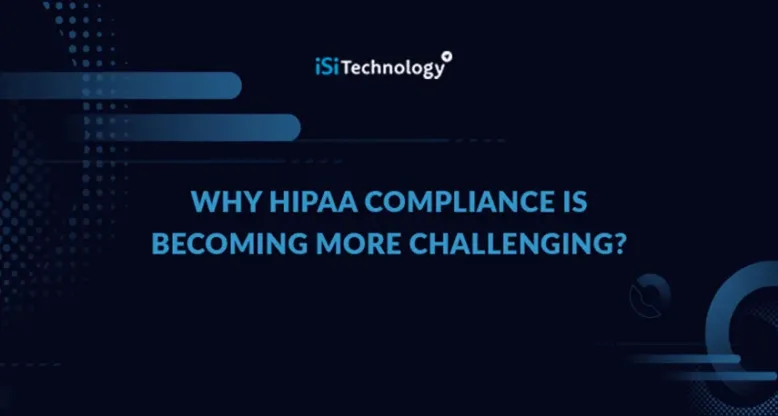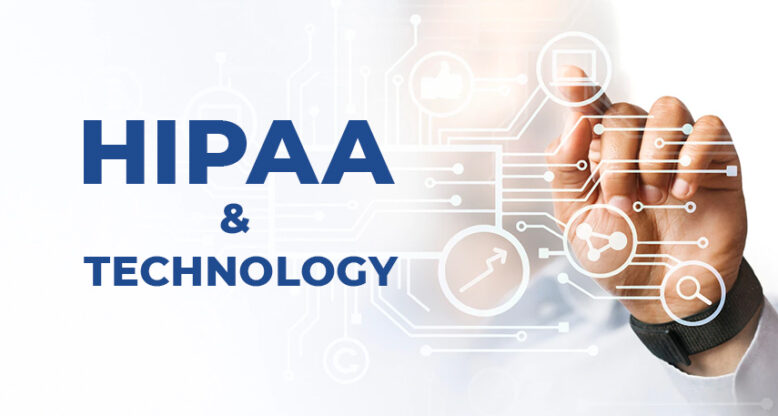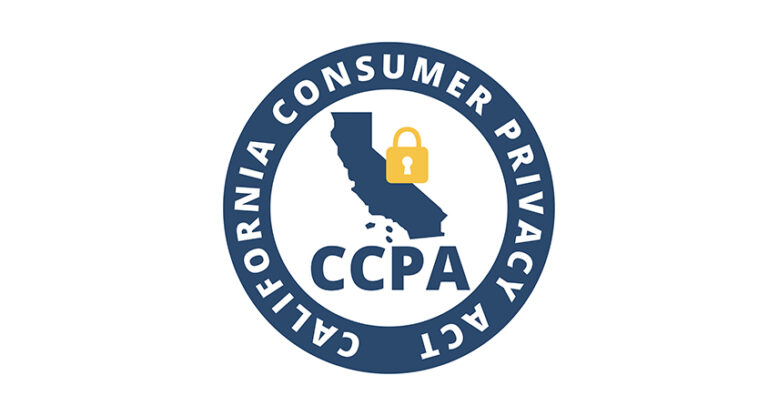Why HIPAA Compliance is Becoming More Challenging?

HIPAA compliance came into effect over a decade ago, but it continues to become more challenging. At its core, HIPAA compliance is more than about adhering to standard compliance requirements – it paints a clear picture of “how” you should maintain compliance status.
On top of the security role, HIPAA also involves a breach notification and the privacy rule. The challenges usually stem from HIPAA interpretation. It is no wonder many healthcare providers often struggle to navigate the technical requirements of HIPAA and remain compliant for security purposes.
The Office for Civil Rights highlights that there have been numerous updates to the rules and regulations pertaining to HIPAA. And each alteration of a rule directs individuals and organizations to share health information in a specific manner.
Here are a few elements that make it difficult for organizations to meet HIPAA compliance:
Old Laws and New Technology

HIPAA has been in effect since 1996 – before the internet and smartphones came into play. But the challenge for organizations is to combine new technology with the old HIPAA laws. So, if a healthcare provider adapts a new technology – it has to fulfill the criteria of the old laws. This creates more complexities and makes it difficult to collect, store, and share data.
Reviewing Risks
In most cases, entities overlook reviewing risks on a regular basis. Despite the nature of a project or changing processes, risk assessment is one of the hallmark requirements set forth in HIPAA laws. And failure to assess risks regularly leads to non-compliant status for companies. Ideally, regular risk reviews allow companies to prepare in the event of a potential HIPAA violation or audit. Like failing to review risks, overlooking vendors is another mistake that makes it difficult for companies to meet HIPAA compliance.
Connecting HIPAA With Other Standard Laws

From California Consumer Privacy Act or General Data Protection Regulation, healthcare organizations now have to be at the forefront about “when”, “why”, and “how” they use patients’ data. While GDPR and CCPA are not associated with HIPAA, it shows the level of tolerance companies must build to avoid mistakes, maintain high-security standards, and meet current data privacy requirements.
Final Thoughts
The fact is that the bar for data privacy and security is at an all-time high. And through this context, it is difficult for organizations to meet HIPAA compliance. In the data-driven world, healthcare organizations have to fulfill a long list of requirements and regulatory obligations to run operations.
In retrospect, to meet HIPAA compliance, the right course of action for companies is to consider historical security concerns and then improve specific processes to meet new security and privacy expectations.
Try a Demo Paired With ISI Technology
You can opt for ISI technology if you run a NEMT service and want to automate operations. Our well-developed software solutions cater to the specific needs of the healthcare industry. You can try a demo for free now to understand how our dedicated medical billing and NEMT solutions can help you.